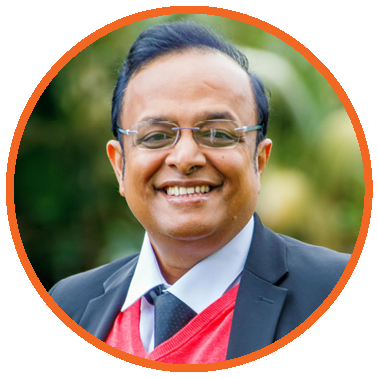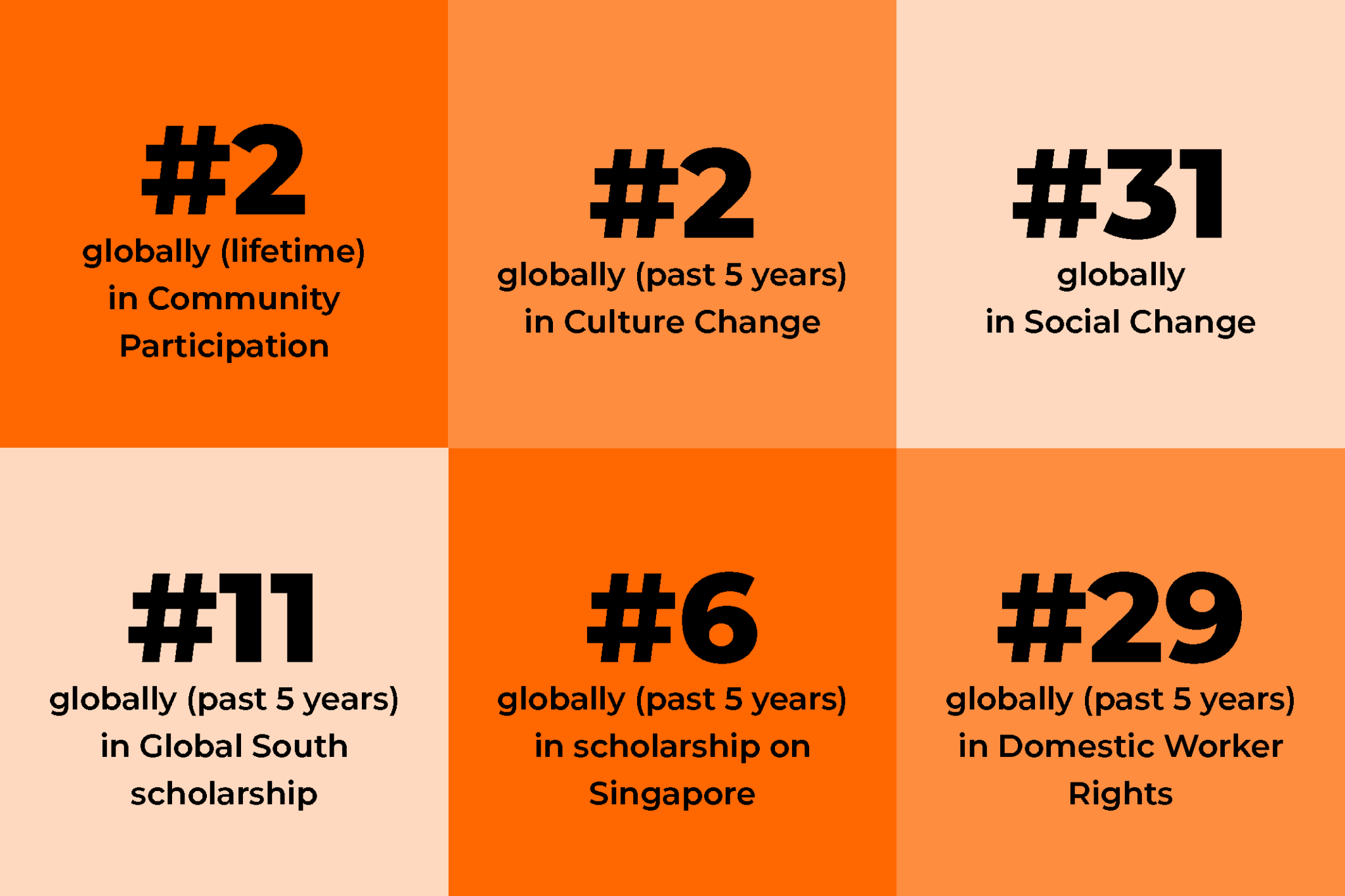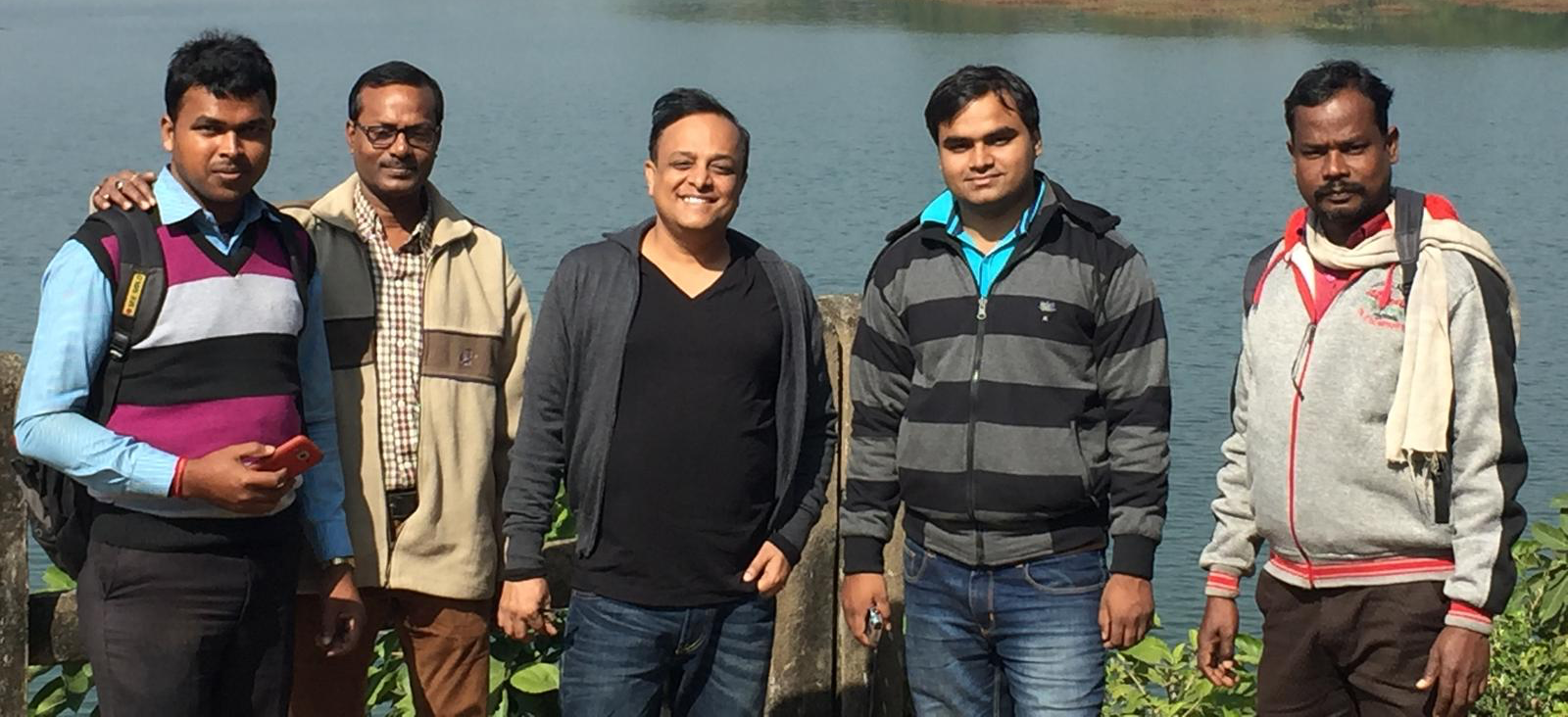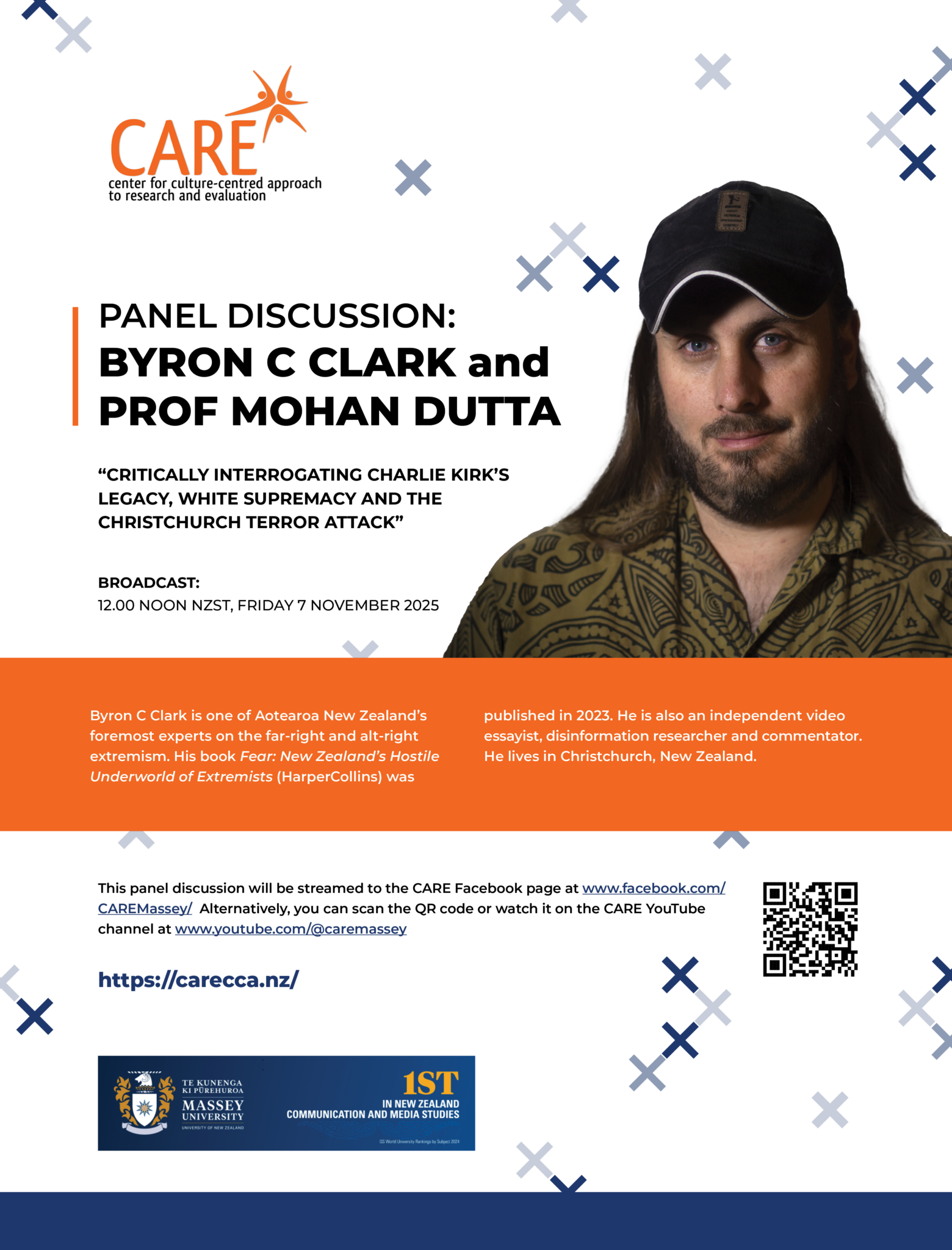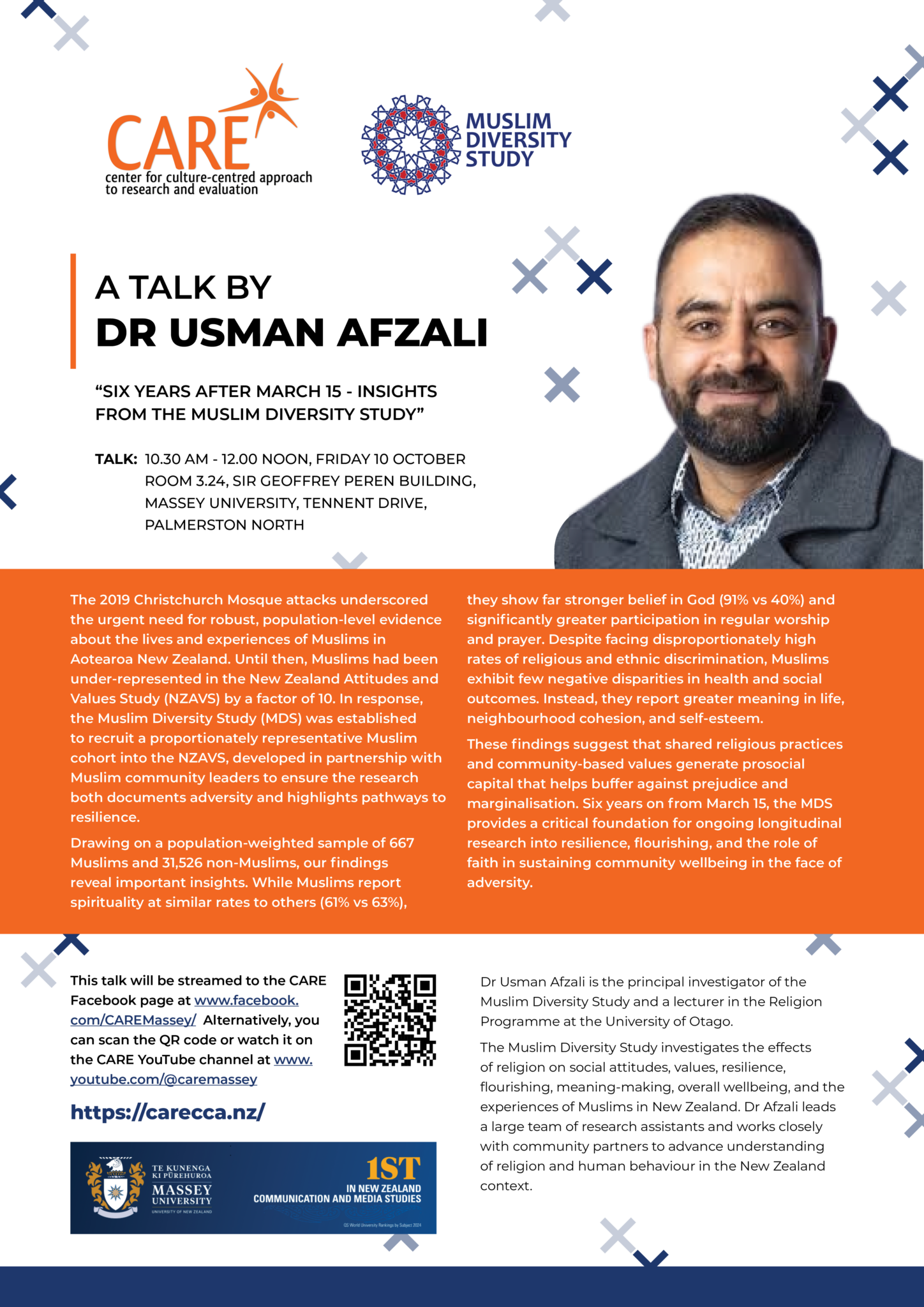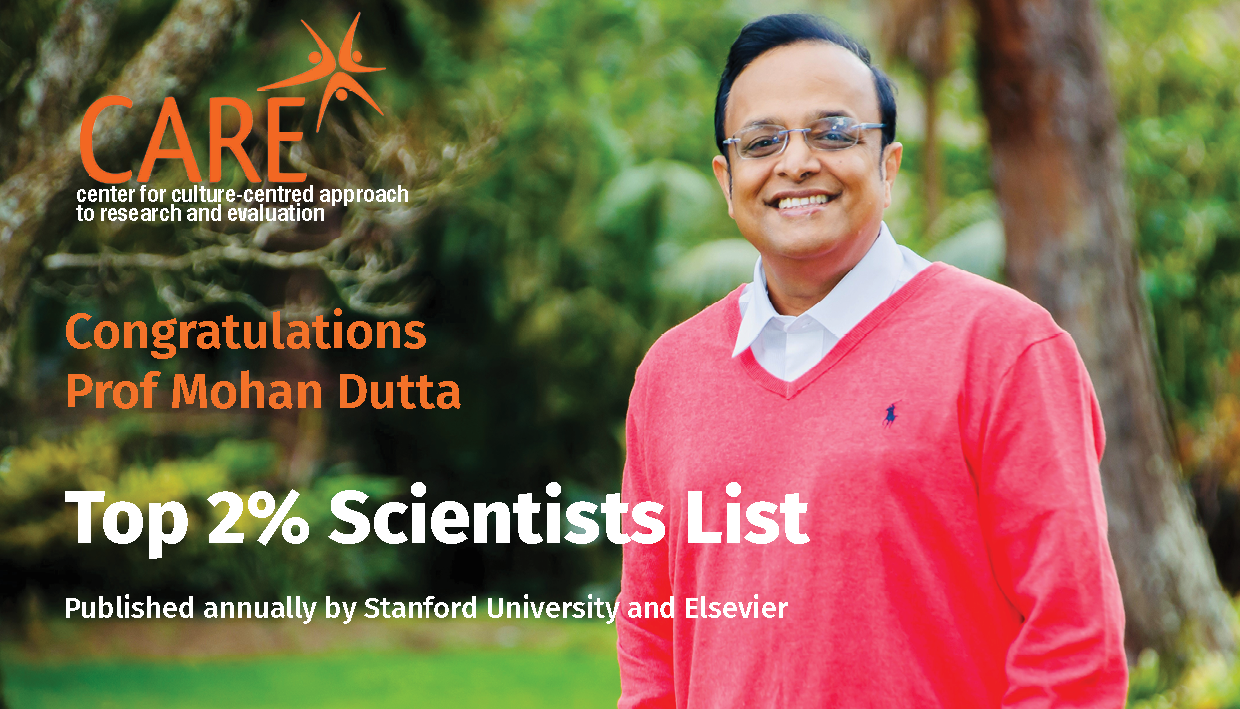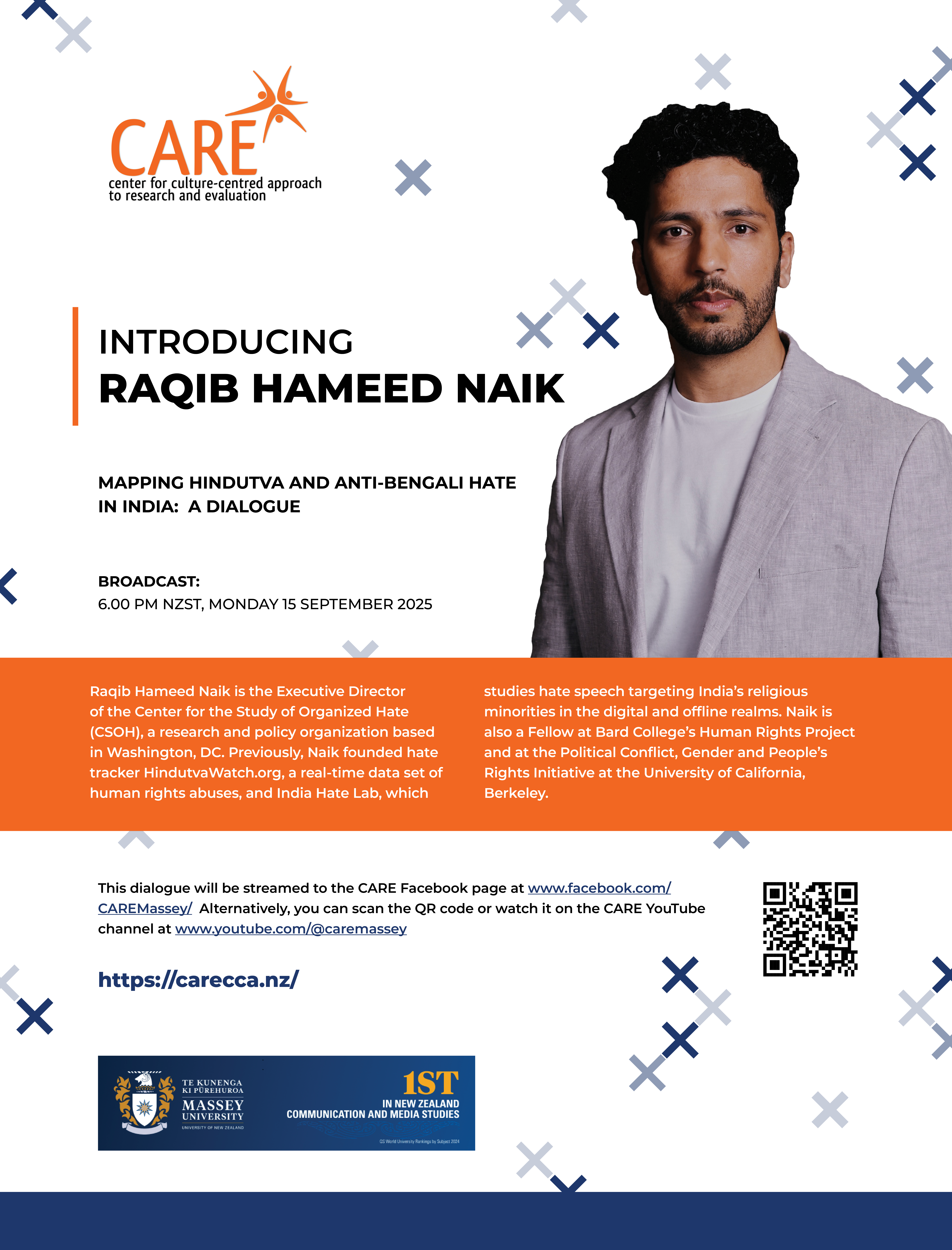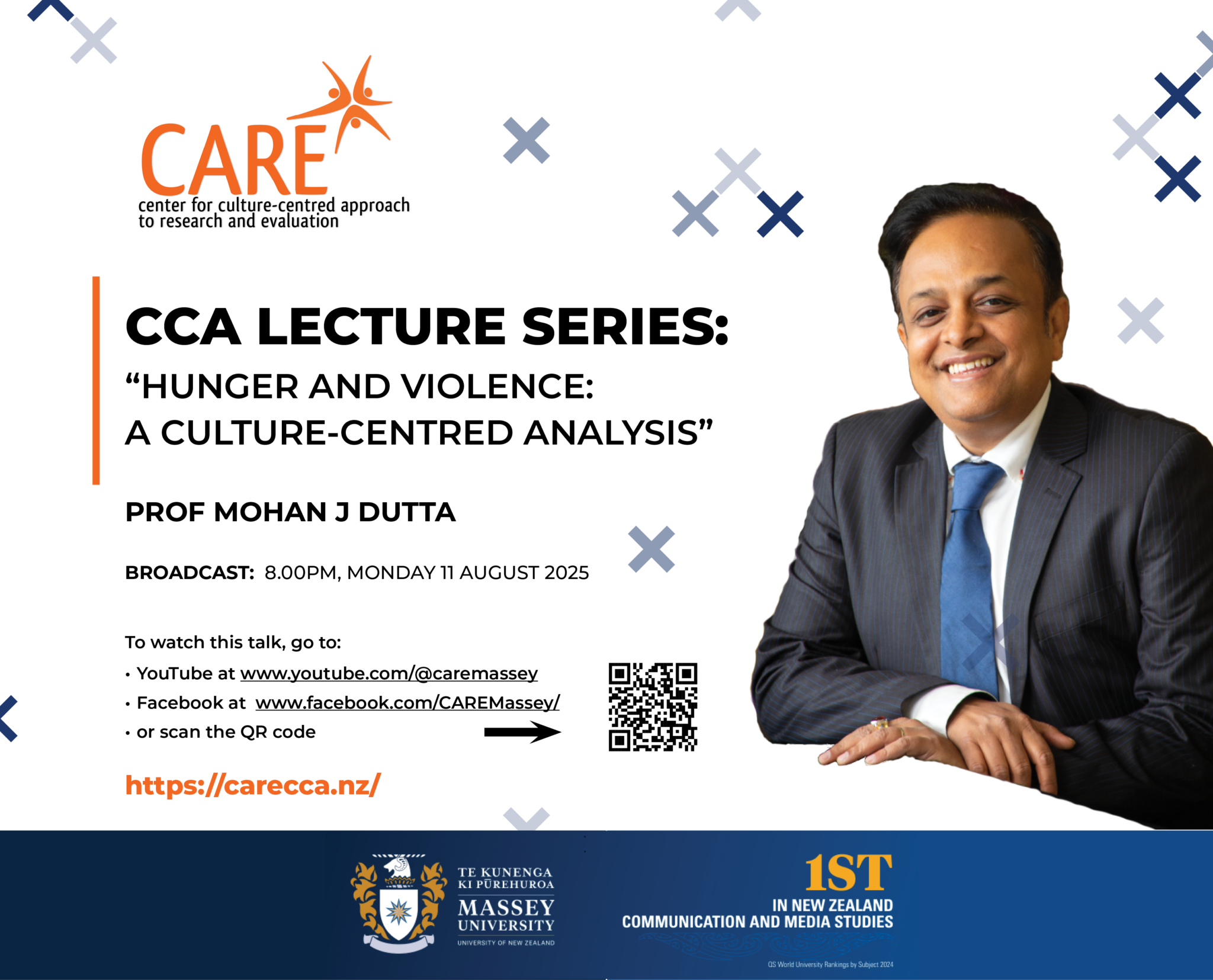Professor Mohan Dutta, Dean’s Chair in Communication and Director of the Center for Culture-Centered Approach to Research and Evaluation (CARE), has been invited by the Office of the United Nations High Commissioner for Human Rights (OHCHR) to serve as an expert contributor at the upcoming United Nations High-Level Meeting on Securitization and Human Rights.
Convened by the Anti-Racial Discrimination Section of OHCHR, the two-day consultation, to be held on October 21–22, 2025, at the United Nations Palais des Nations in Geneva, will bring together leading international scholars, civil society representatives, and human rightspractitioners. The meeting will examine the racialized and intersectional consequences of securitization, where challenges such as migration, public health, and climate change are increasingly framed as threats to security rather than as issues of justice, equity, and care.
Professor Dutta’s participation underscores his global reputation as a leading voice in decolonial communication scholarship, anti-racist praxis, and the study of structural inequalities. His Culture-Centered Approach (CCA)—a framework that builds social change communication from the voices and struggles of marginalized communities—has been recognized internationally for transforming research into a platform for advocacy and policy transformation.
“This meeting provides an important space to challenge the global normalization of fear-driven policies that target racialized and migrant communities,” said Professor Dutta. “A communication framework grounded in justice begins by listening to those most affected—by co-creating knowledge that dismantles the structural violence embedded in securitization.”
Securitization often legitimizes exceptional measures—from surveillance regimes and border militarization to restrictions on civil liberties—that disproportionately affect Indigenous peoples, migrants, refugees, and communities of colour. Through critical analysis and dialogue, this UN expert meeting aims to shape rights-based frameworks and recommendations to guide member states in countering the racial and colonial dimensions of security policy.
Professor Dutta’s participation highlights Massey University’s commitment to research that advances global human rights, social equity, and transformative public communication. Under his leadership, CARE has emerged as a global hub for community-engaged research, building partnerships across the Asia-Pacific, the Global South, and Indigenous communities to address issues of racism, coloniality, and systemic exclusion.
The outcomes of this high-level meeting will inform the OHCHR’s continuing efforts to advance human rights-centered approaches to global governance and to resist the harms of securitization that undermine dignity, freedom, and democracy.
